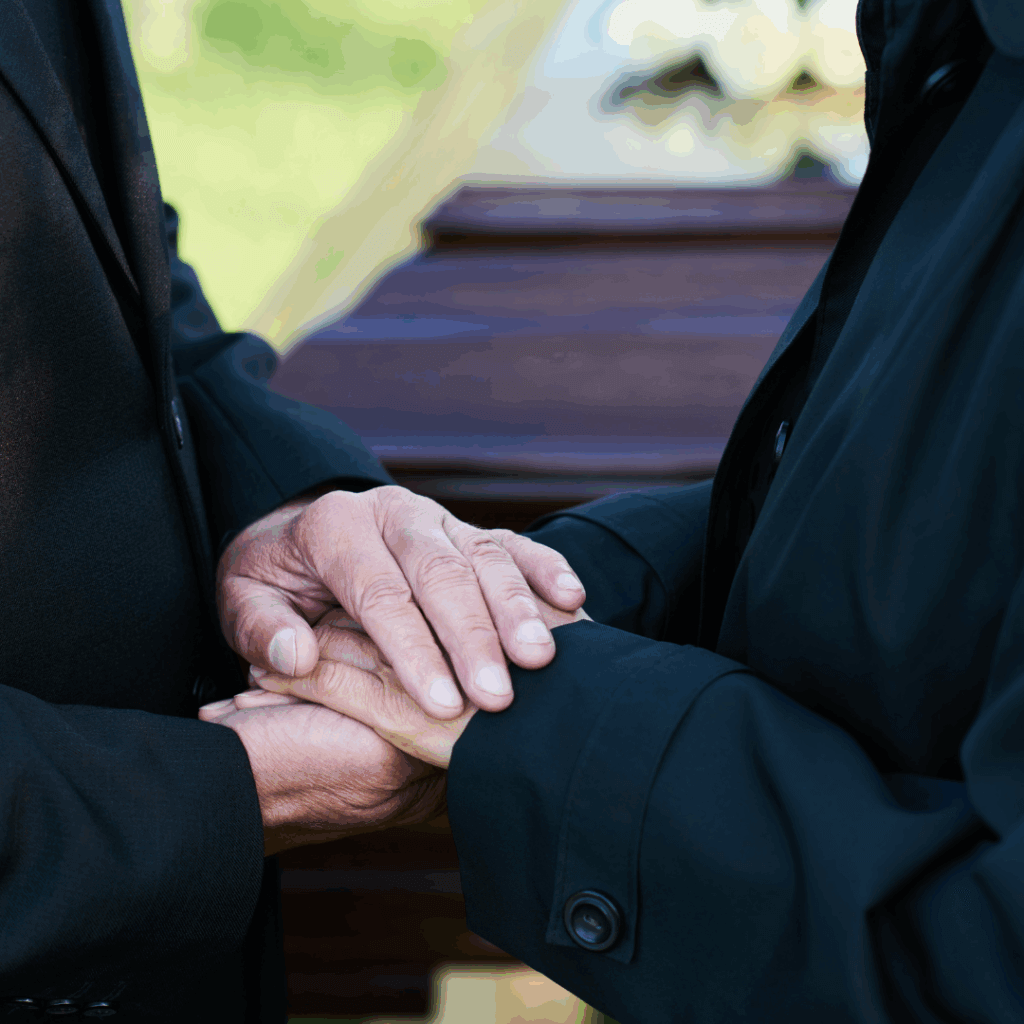If a loved one who was receiving SSDI has passed away, you may be entitled to continued financial support through survivor benefits. This guide explains who qualifies, how much you may receive, and the steps to apply.
When a loved one who received disability benefits passes away, their family often faces not only grief but also financial uncertainty. A common question arises: Can you get SSDI survivor benefits?
The short answer is yes — in many cases, family members of a deceased SSDI recipient may qualify for Social Security survivor benefits. These benefits depend on a few things, like how you were related to the person who passed away and their job history.
This guide explains who qualifies, how much survivors may receive, and how to get help if your claim is denied or delayed.
Understanding SSDI Survivor Benefits — What They Really Mean
While there is not a separate program called “SSDI survivor benefits,” the survivors of someone who received SSDI can often qualify for Social Security survivor benefits based on the deceased worker’s record.
Social Security Disability Insurance (SSDI) is funded through payroll taxes. When a disabled worker passes away, their contributions to Social Security may still support their family through survivor benefits, similar to retirement-based survivors’ benefits.
These benefits help replace part of the deceased’s income, providing financial stability for spouses, children, and, in some cases, parents.
Who Can Qualify for Survivor Benefits If a Loved One Received SSDI?
Eligibility for survivor benefits depends on both the deceased’s work credits and the survivor’s relationship to them. You may qualify if you are:
- A surviving spouse 60 or older (or 50 or older if disabled)
- A surviving divorced spouse, if your marriage lasted at least 10 years
- An unmarried child under 18, or up to age 19 if still in high school
- An adult child with a disability that began before age 22
- A dependent parent 62 or older who relied on the deceased for at least half of their support
So, are there survivor benefits for SSDI recipients? Yes. The key is that the deceased must have paid enough into Social Security through their work history to establish eligibility for benefits.
How Much Are Social Security Disability Survivor Benefits?
The amount survivors receive depends on the deceased’s lifetime earnings and the survivor’s relationship to them. Generally, benefits fall into these ranges:
- Surviving spouse (full retirement age or older): Up to 100% of the deceased’s benefit amount
- Spouse (age 60 to full retirement age): Between 71.5% and 99%
- Children: Up to 75% of the deceased’s benefit
- Dependent parents: Up to 82.5% each if two parents qualify, or 75% for one
There is also a family maximum, meaning the total amount a family can receive is typically capped at 150% to 180% of the deceased’s full benefit.
If you are wondering how much Social Security Disability survivor benefits will be in your specific case, the SSA’s online calculator or an attorney specializing in disability law can help estimate your benefits based on the deceased’s work history and your relationship.
How to Apply for Survivor Benefits After an SSDI Recipient Dies
The process begins with reporting the death to the Social Security Administration. The funeral home usually does this if you provide the deceased’s Social Security number, but survivors should still confirm that it has been reported.
To apply for survivor benefits, you need documentation such as:
- The deceased’s Social Security number
- A death certificate
- Proof of relationship (marriage certificate, birth certificate, adoption papers)
- Your Social Security number and banking information
Because retroactive payments are limited, you should apply as soon as possible. You can apply by calling the SSA or visiting a local office in person.
How Our Attorneys Can Help With SSDI Survivor Benefits Denials and Appeals
Even when survivors meet eligibility requirements, the SSA may deny a claim due to incomplete documentation, confusion about work credits, or errors in the application process. That is where experienced disability attorneys can make a difference.
At Culbertson & Jacobs, PLLC, our attorneys are highly experienced at handling complex Social Security Disability and survivor benefit cases. Here is how we can help:
- Eligibility Review: We verify that the deceased earned enough work credits and that you meet all survivor qualifications before filing.
- Application Preparation: Our team gathers necessary documentation — proof of relationship, medical evidence (if relevant), and financial records — to build a complete, accurate application.
- Communication with SSA: We handle direct communication with the Social Security Administration, reducing confusion and delays.
- Appeal Support: If SSA denies your claim, we guide you through the appeals process, including filing a Request for Reconsideration, representing you at hearings, and ensuring all deadlines are met.
- Benefit Maximization: We analyze your case to help you pursue the highest possible benefit amount, including potential back pay if benefits should have begun earlier.
Our firm’s approach combines legal precision with compassionate client care. We understand how stressful these situations can be, and we are here to help you secure the benefits your family deserves.
SSDI Survivor Benefits FAQs
Can you get SSDI and survivors’ benefits at the same time?
Yes, in certain situations, you may receive both SSDI and survivor benefits. However, the total amount you receive may be adjusted to ensure it does not exceed the SSA’s maximum. An attorney can review your case and determine the best way to structure your benefits.
What happens to SSDI when someone dies?
When an SSDI recipient passes away, their benefits stop, but eligible family members may apply for survivor benefits based on the deceased’s work record. The SSA may also issue a one-time death payment of $255 to a surviving spouse or child who meets certain requirements.
Do stepchildren or adopted children qualify for survivor benefits?
Yes. Stepchildren, adopted children, and sometimes grandchildren may qualify if they depended on the deceased for financial support and meet other SSA requirements.
How long does it take to receive survivor benefits after applying?
Processing times vary, but most claims are reviewed within a few months. Submitting complete and accurate documentation can reduce delays.
Get Help With SSDI Survivor Benefits Today
If your loved one was receiving SSDI and you believe you may qualify for survivor benefits, do not wait to find out.
At Culbertson & Jacobs, PLLC, we have two of only ten attorneys in Florida certified in Social Security Disability law. We will help you understand your rights, file your claim correctly, and stand by you through every step of the process.
Contact us today to schedule a consultation and receive clear, compassionate guidance on your SSDI survivor benefits.

